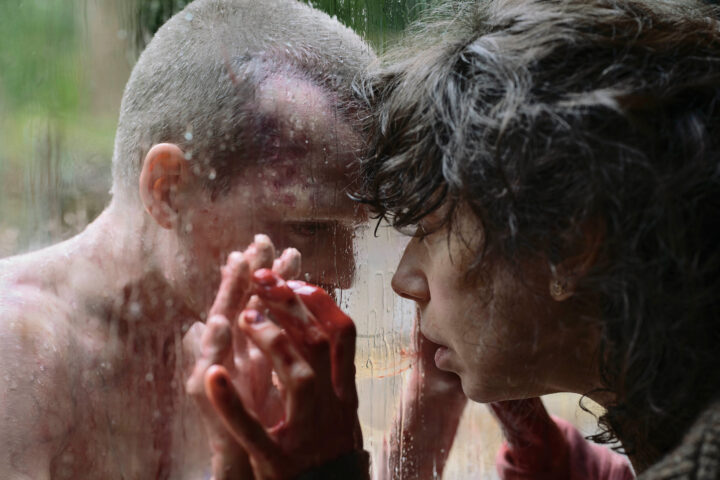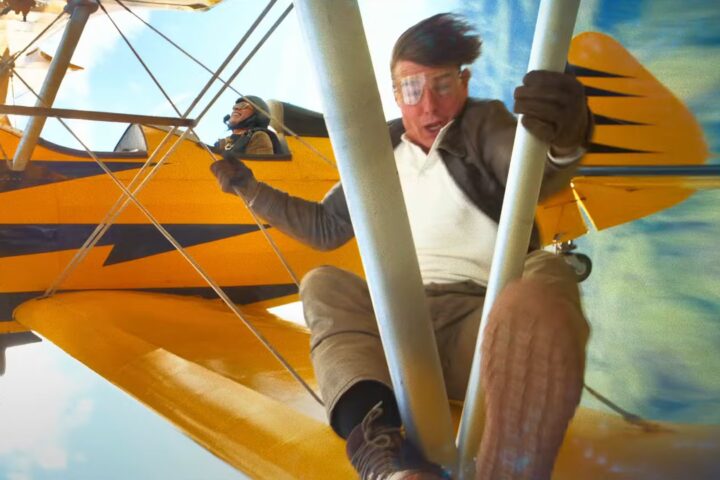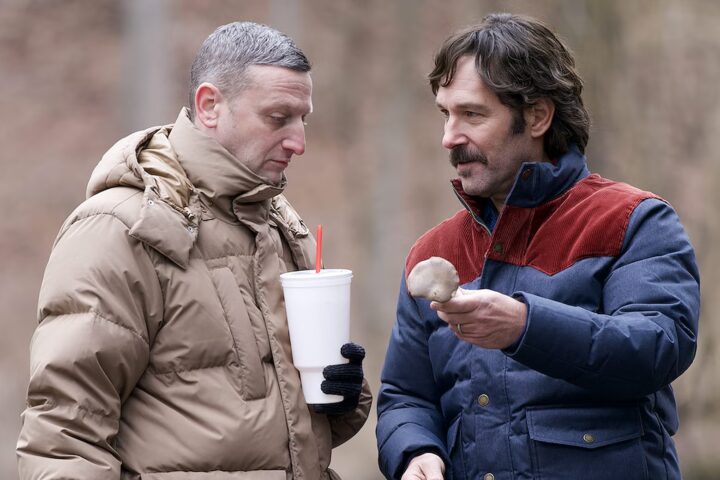How turn of the century British army officer ended up missing in the Amazon two decades later is the mystery of James Gray’s The Lost City of Z, an enigma of a movie that manages a unique paradox—it absorbs us even while it suspends us in a state of detachment.
In telling the true-life story of an unlikely adventurer who found, and lost, a part of himself in the wild, the picture has all of the elements of an epic—intimacy, scope, big canvas, personal, political, historical and social context. Yet for such ambition, the treatment here, while masterful in its own right, is distinctly remote. Consequently, The Lost City of Z stirs, sometimes even reaching greatness, yet lacks one crucial element in its storytelling—the same one it fails to evoke in us—passion.
Working from his own screenplay, Gray digs into the longtime mystery of British soldier turned Colonel Percy Fawcett (Charlie Hunnam), who led a 1906 mapping expedition to the Amazon to determine a border between Brazil and Bolivia.
Commissioned by the National Geographic Society and with wingman and explorer Henry Costin (Robert Pattinson, unrecognizable) in tow, danger quickly arises from a hostile, primitive tribe, stamina loss, a river full of piranha and a Mayan guide who ultimately abandons them. But what Fawcett finds—the remnants of clay pottery suggesting an ancient civilization pre-dating his own—will transfix him for each of his remaining days and the better part of two decades.
Back safely in London, Fawcett’s public assertions of a civilized jungle people are met with colonialist scorn and refusal to believe such “savages” sophisticated, so he returns to the Amazon in search of the famously lost, mythic city called Zed. But like all great movies about obsession, the closer it seems, the further it vanishes. Yet things become more dangerous as they are taken into the graces of a cannibal tribe.
And yet that isn’t the last of his journeys. After a brief stint in 1916 World War I bunker giving a rousing speech to the troops, Fawcett settles into domestic life with wife Nina (Sienna Miller) and three kids. But when he learns that the Americans, sure to capitalize on his initial suppositions of an ancient tribe by getting there first, he’s haunted to return.
The most effective portion of the film deals with the toll of Fawcett’s exploits on his family, Miller giving her—and the film’s—best performance as a woman out of time, equal parts brainy, warm, intrepid and maternal. The years wear on and three children are born, the most memorable being the eldest son, played by a resentful Tom Holland (The Impossible), who eventually becomes his father’s son and years to follow in his father’s jungle footsteps.
The obvious antecedents for The Lost City of Z include David Lean’s Lawrence of Arabia, Werner Herzog’s Aguirre, the Wrath of God and Fitzcarraldo, John Boorman’s The Emerald Forest and even Francis Ford Coppola’s personal descent in Hearts of Darkness, about making his monumental Apocalypse Now. But The Lost City of Z is the lesser of those pictures, replacing their gonzo, go-for-broke follies with an intellectual rigor I’m not sure serves such a subject as well.
Gray, the sometimes-celebrated filmmaker whose canon includes We Own the Night, Little Odessa, The Immigrant and his best picture, Two Lovers, is an acquired taste filmmaker rarely concerned with audience engagement. Across his pictures, he often presents his subjects as if under glass, in hushed tones and a muted color palette, as if imprisoned by art direction working overtime to suppress drama.
One might also look to Hunnam, here a grizzled Adonis with aspirations of personal and societal redemption of a disgraced family name left by an alcoholic father, to punch through such stylistic veils. And while he certainly looks the part in a role originally supposed to be played by Brad Pitt, the actor seems somewhat less than possessed by an obsession the film tells us is afoot. In movies like Pacific Rim and his hit show Sons of Anarchy, Hunnam has demonstrated his intensity. And his best movie work may still be 2002’s Nicholas Nickleby. But as Fawcett, there is something missing in the transformation.
Yet despite its issues, The Lost City of Z somehow remains engrossing, never less than impeccably framed by cinematographer Darius Khondji, whose (too) low lighting to suggest the period ends up making a cool film cooler, and a hothouse jungle muted.
3 stars.



